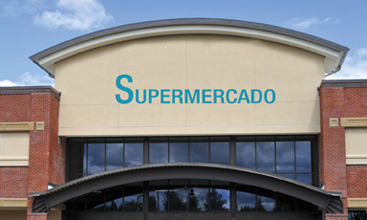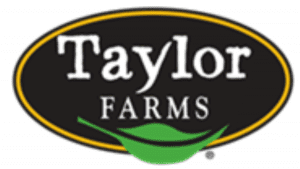Welcome to Blue Book!
Are you ready to join the thousands of companies who rely on Blue Book to drive smarter decisions? View our plans and get started today!
Still have questions? We’d love to show you what Blue Book can do for you. Drop us a line– we’ve been waiting for you.

Identity and Choice
Because of the growing competition from mainstream retailers and big box stores, Hispanic supermarkets have increasingly focused on their strengths, such as authenticity and variety, and the ability to tweak the merchandise mix to meet neighborhood preferences.
Juvenal Chavez, founder and chairman of Mi Pueblo Foods, headquartered in San Jose, CA, discussed this very challenge in Supermarket News in August, exhorting Hispanic retailers to find a way to “evolve alongside our consumers without losing the cultural identity we have fostered over the years.” Chavez believes part of the challenge in today’s retail landscape is truly understanding “a new set of customers who embrace both their American and Hispanic heritage and lifestyles.”
Chavez went on to say that Hispanic stores should not only focus on their uniqueness and expand “product offerings to include the items our customers grew up with,” but of equal import is “ensuring in-store technology and customer service excels and meets the expectations of our shoppers, whether they prefer to communicate with us in English or Spanish. The Hispanic demographic will continue to evolve, so it’s up to Hispanic retailers to continue to evolve with them.”
Leveraging the Community
Another way Hispanic chains have been differentiating themselves is through various community outreach programs and consumer-friendly services that appeal to recent immigrants. A new Vallarta store that opened in Oxnard, CA back in April included in-store dining, a shuttle service, check cashing, money transfers, and utility bill payments. These services accompanied a wide range of fresh specialty produce, bakery goods, tortillas, and meats, along with packaged foods that appeal to Hispanic consumers.
Like mainstream retailers, Rocha says Hispanic stores are offering patrons one-stop shopping, making the visit more of an “experience” than a chore. “You can get a health checkup and talk to a nurse, or do all your different business transactions in the store.”
Using Big Data
In addition to community programs or activities, Verna says some Hispanic retailers are collecting and analyzing customer data to keep shoppers from straying to other stores. “They’re following the lead of the major chains and using Big Data to understand their customer and who shops at their stores on a micro level, to maximize penetration of the market around them.”
While mainstream supermarkets are expanding Hispanic product offerings and have the capability to do in-depth demographic research, Hispanic specialist chains maintain an advantage in their ability to carry a variety of products and tailor them to neighborhoods on a micro level.








